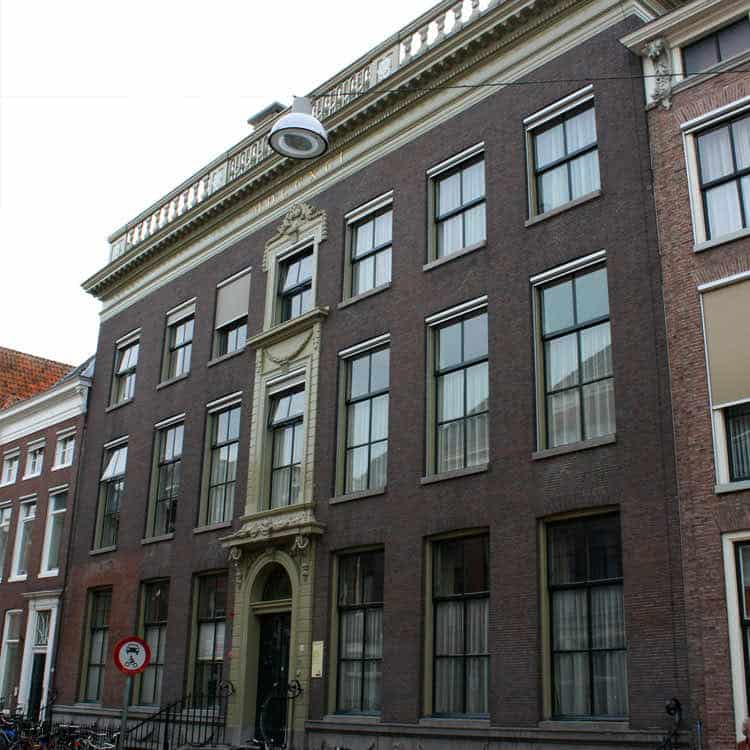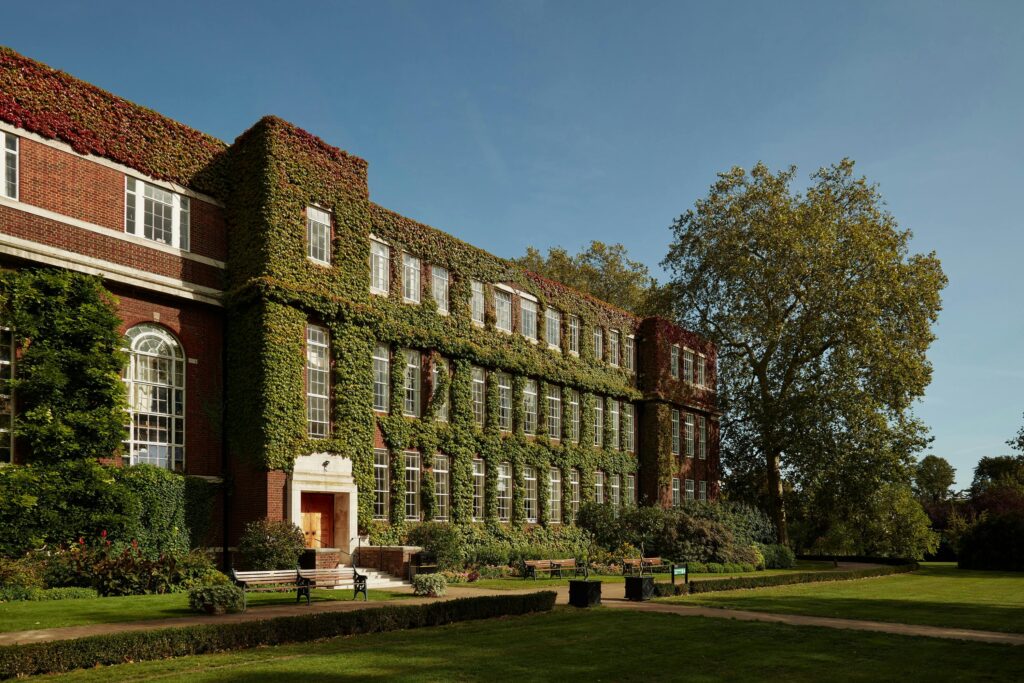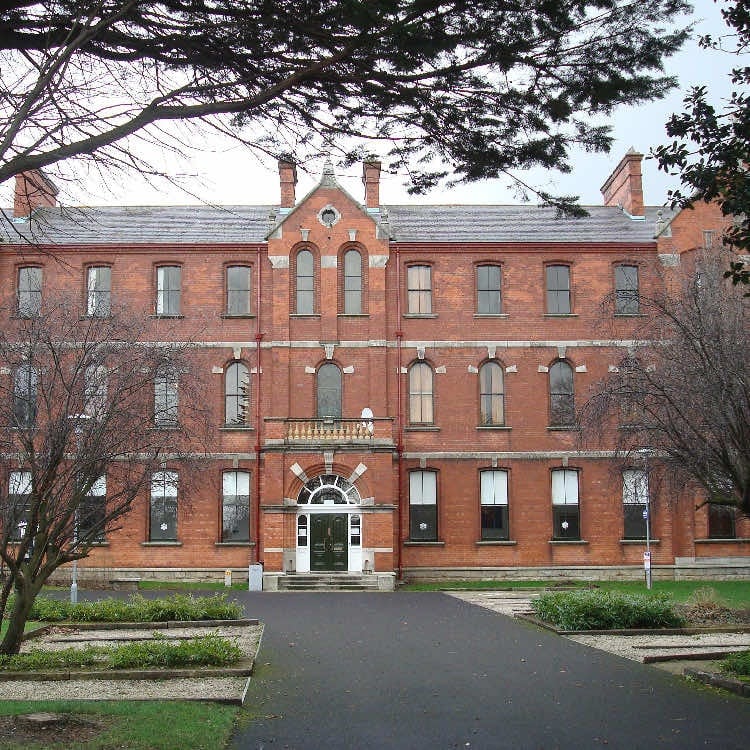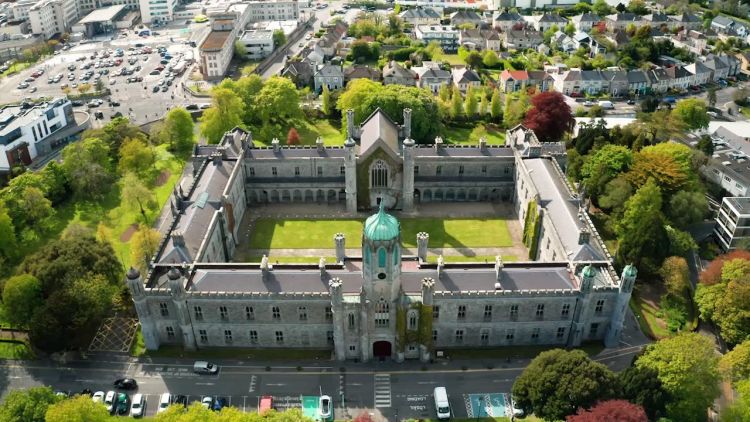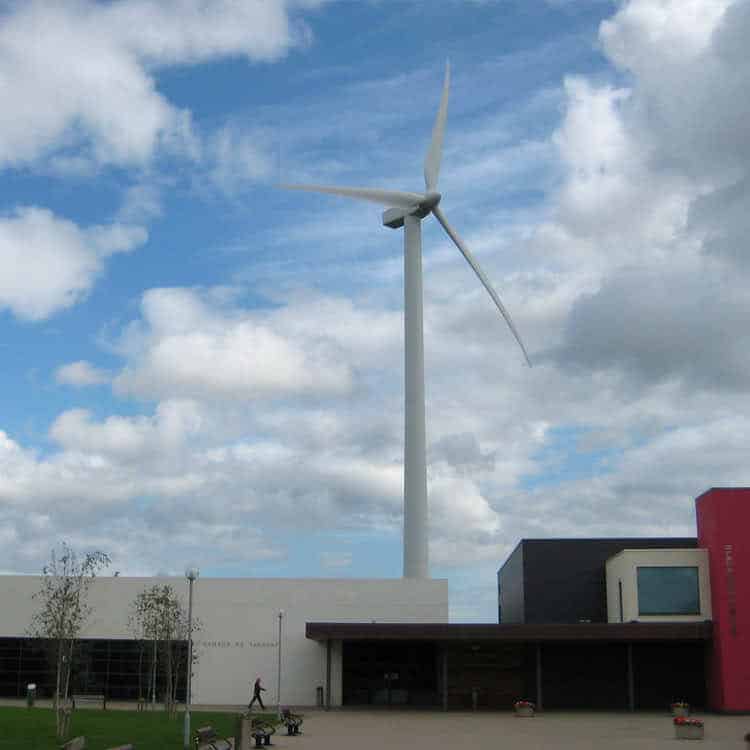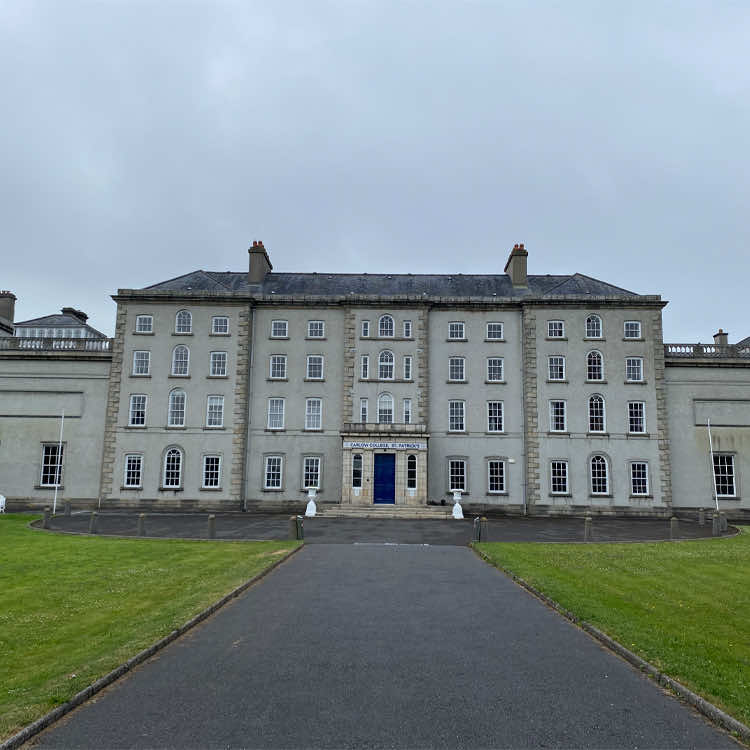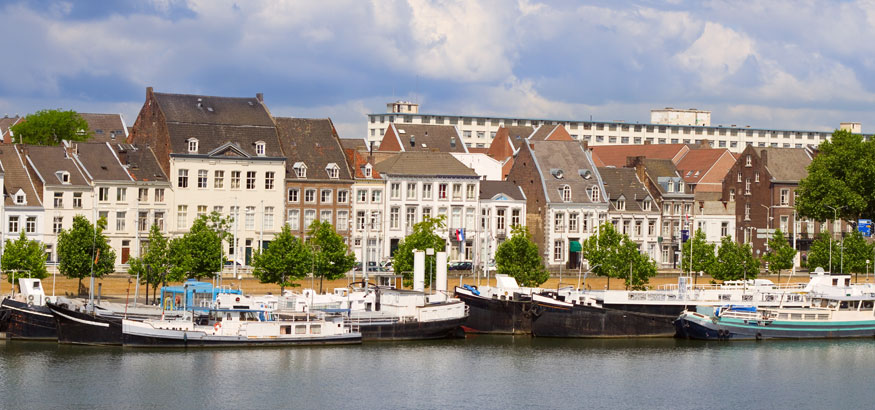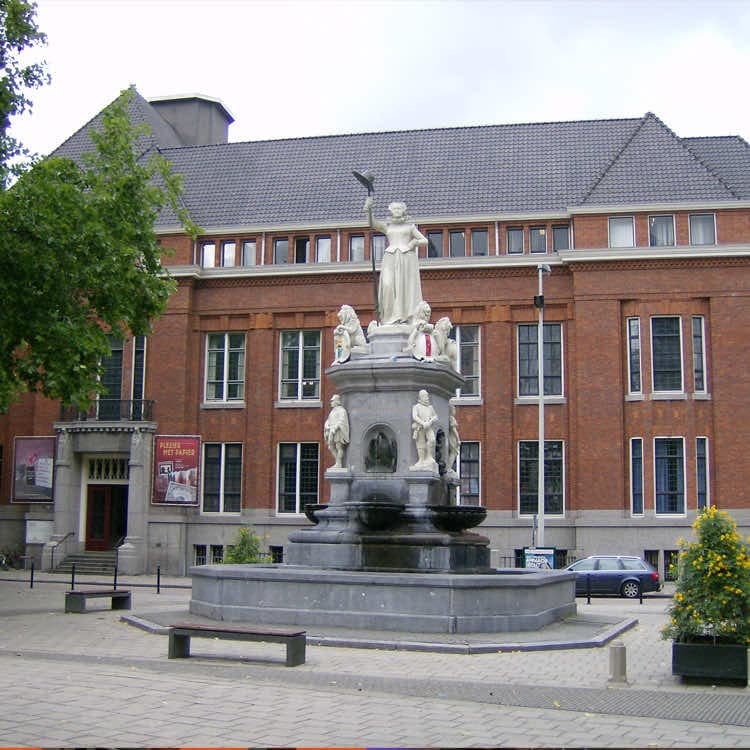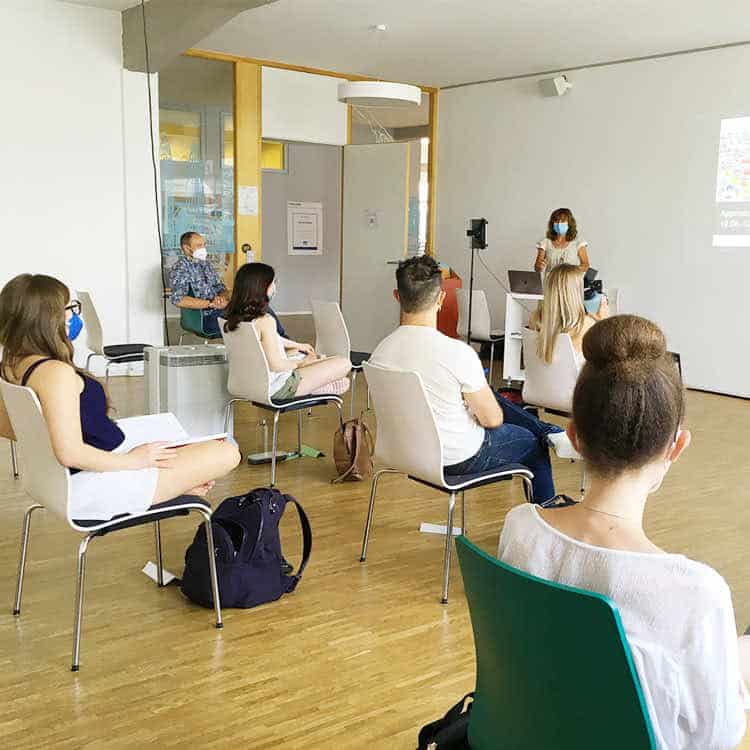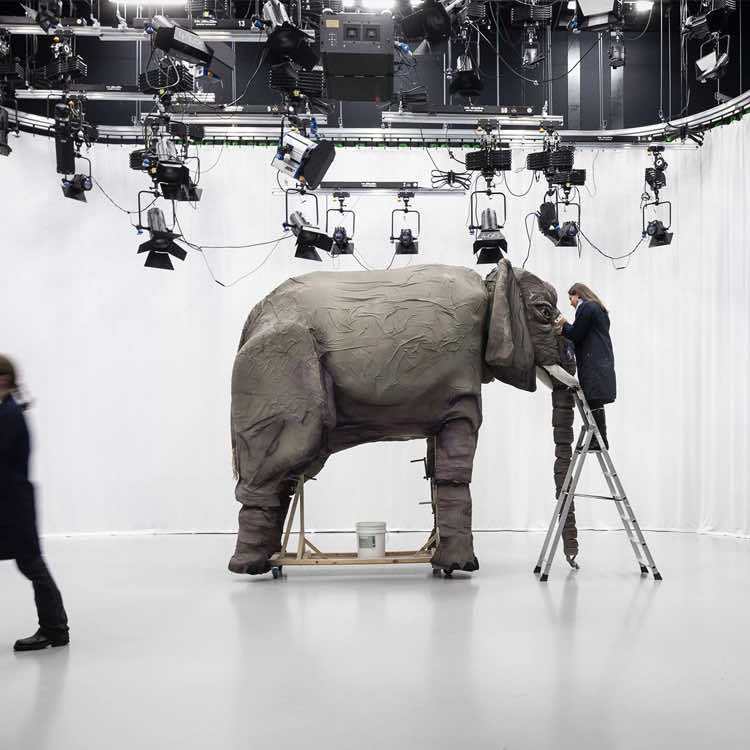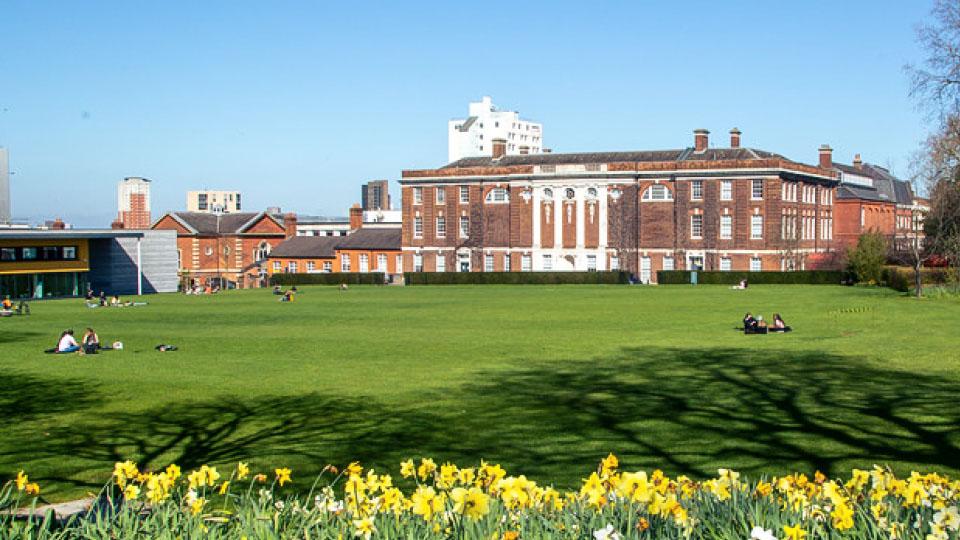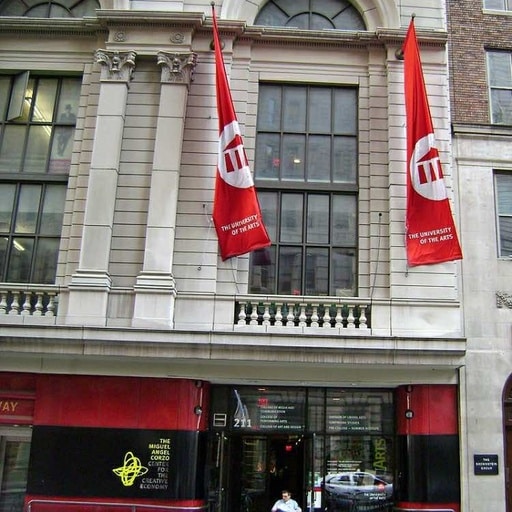All Liberal Arts
Liberal arts: it is what you make of it. Despite this kind of degree getting a bad rap in some circles, it is far from useless. Employers are always looking for people who can: Think independently and flexibly, Write comprehensible emails and letters,Evaluate new ideas on their own merits instead of by their own prejudices and emotions,Formulate logical, persuasive arguments, andExamine large amounts of information while assessing which facts are important and what they really mean.These are some of the things a liberal arts education teaches you to do.”Liberal arts” is a catch-all term that includes the humanities, arts, social sciences, hard sciences, and mathematics. A bachelor’s degree with this title may specialize in any one of these or comprise an eclectic variety of courses from several fields. Psychology, statistics, biology, and history are all popular subjects.This means that a liberal arts degree typically doesn’t prepare you particularly well for any specific job. Instead, it provides you with knowledge and skills that are applicable to many jobs, including some that didn’t even exist ten or twenty years ago. It’s worth remembering that you can learn a programming language, business analytics, digital marketing, and many other technical skills online, by yourself, and at any time after graduation. A liberal arts degree from a university famous for this kind of training, like Oxford, Cambridge, or Heidelberg, always carries serious weight. Several Central European universities also offer liberal arts courses in English for a fraction of what one would cost in North America.

